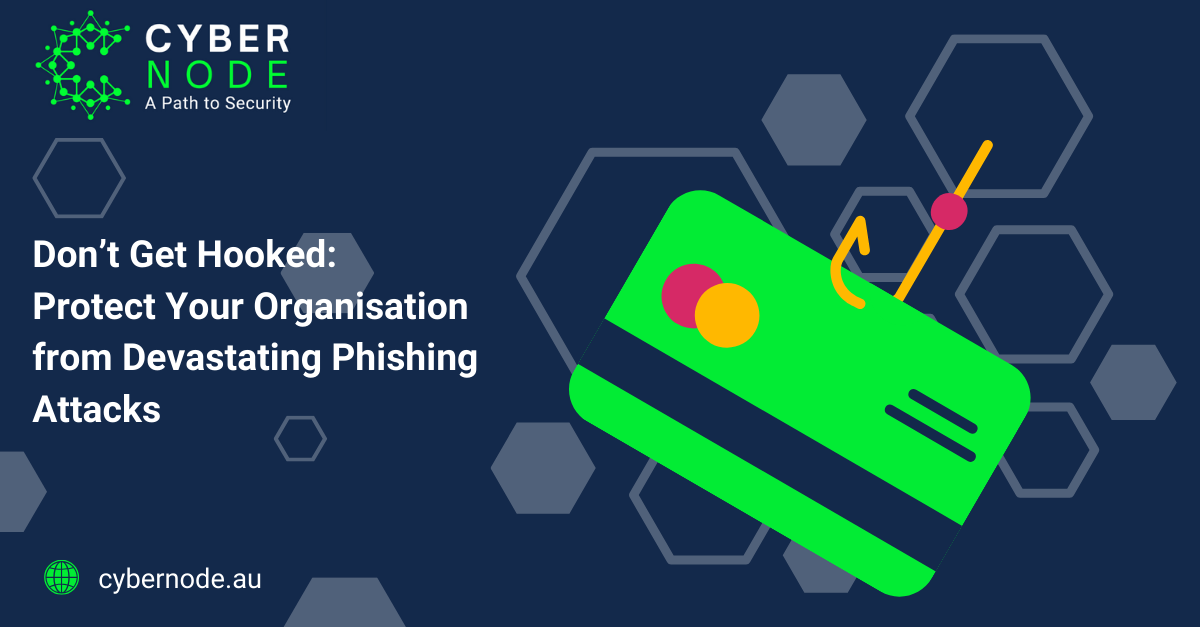
Phishing attacks are on the rise, with billions of malicious emails sent daily. Is your organisation prepared? Cyber threats are an unfortunate consequence of our digitally connected world, despite the convenience online communication provides. Phishing is one of the most common and devious cyberattacks - and organisations must take action to safeguard themselves as phishing efforts become more sophisticated.
What is Phishing?
Phishing is a type of social engineering cyberattack that steals user information like login credentials and credit card numbers. Cybercriminals mimic trusted people or entities, tricking victims into opening emails, texts or instant messages. Victims then click malicious links that install malware or direct them to fraudulent websites.
The results of an attack can be devastating. For individuals, it can lead to unauthorised purchases, stolen funds, or full identity theft. Phishing is one of the most widespread forms of cybercrime, with approximately 3.4 billion malicious emails sent globally every day.
Key Phishing Statistics of 2023:
- 36% of all data breaches involve phishing
- Compromised credentials are used in 19% of cyberattacks
- A new phishing site is created every 20 seconds
- 90% of corporate security breaches result from phishing
Source: Phishing Statistics 2022
Here are some scenarios cyber criminals use to get your information:
Cybercriminals use a variety of scenarios to trick victims into sharing personal information:
- Noticing suspicious account activity or login attempts
- Claiming there’s a problem with your account or payment details
- Requesting confirmation of personal or financial information
- Asking for an OTP code to confirm something
- Wanting you to click a link to make a payment (with hidden malware)
- Threatening account deactivation unless you change your password in 24 hours
Most Common Types of Phishing Attacks:
- Bulk Phishing: Sending a large number of untargeted phishing emails.
- Spear Phishing: Targeting a specific individual or business with phishing emails.
- Whaling: Phishing attacks targeting a company's executives.
- Vishing: Phishing attacks performed over the phone or VOIP.
- Smishing: Attacks using text messaging to mislead or deceive a victim.
Reinforce your Defenses with Cyber Node
Cyber Node help organisations fight back against phishing by training employees to recognize and avoid phishing attempts, implementing anti-phishing technology solutions, conducting penetration testing to identify vulnerabilities, planning incident response for successful attacks, performing phishing assessments to find weak areas, reviewing security policies related to email and data usage, conducting table-top exercises to prepare for response, building an organizational culture prioritizing security, and providing ongoing advisory services to stay ahead of emerging phishing threats.
Contact Cyber Node today for a free consultation to evaluate your phishing vulnerabilities. Our cybersecurity experts are ready to partner with you for a stronger defense. Don't become the next phishing statistic!
- Cyber Security

